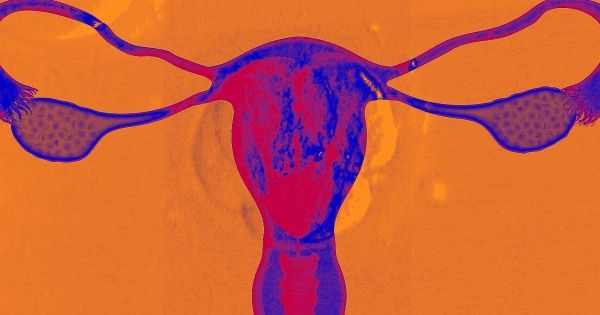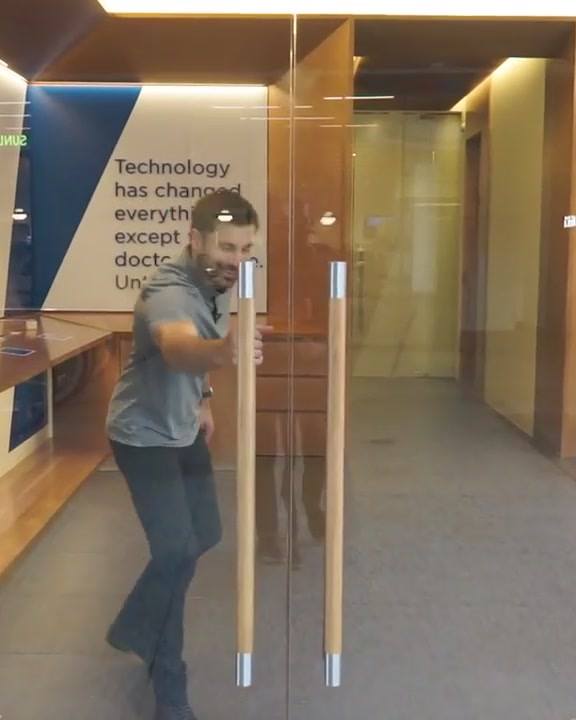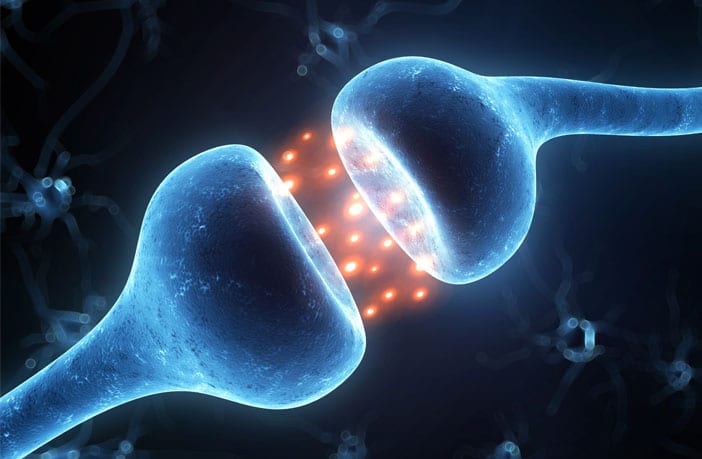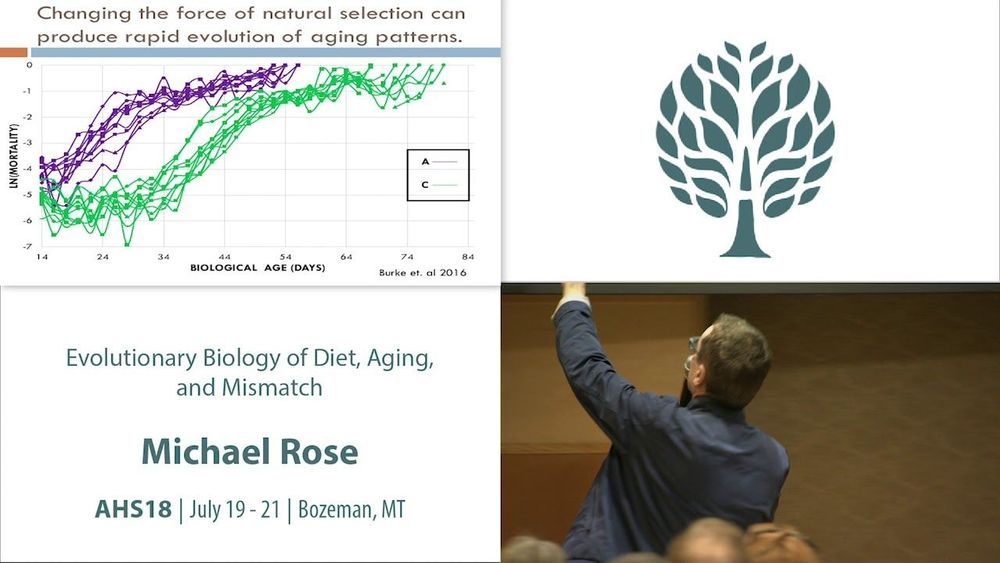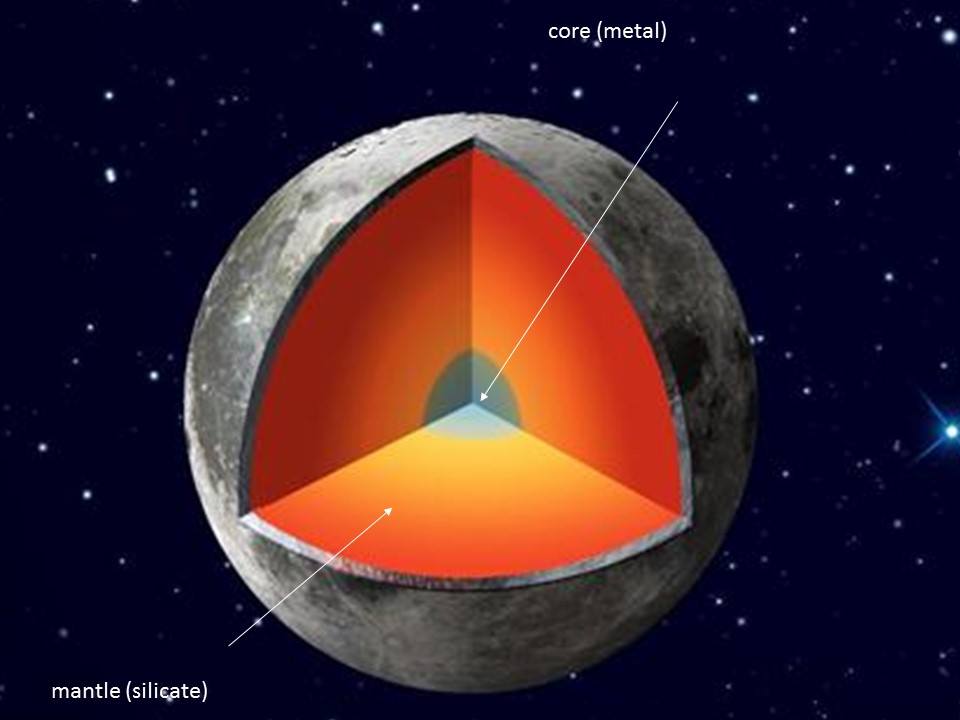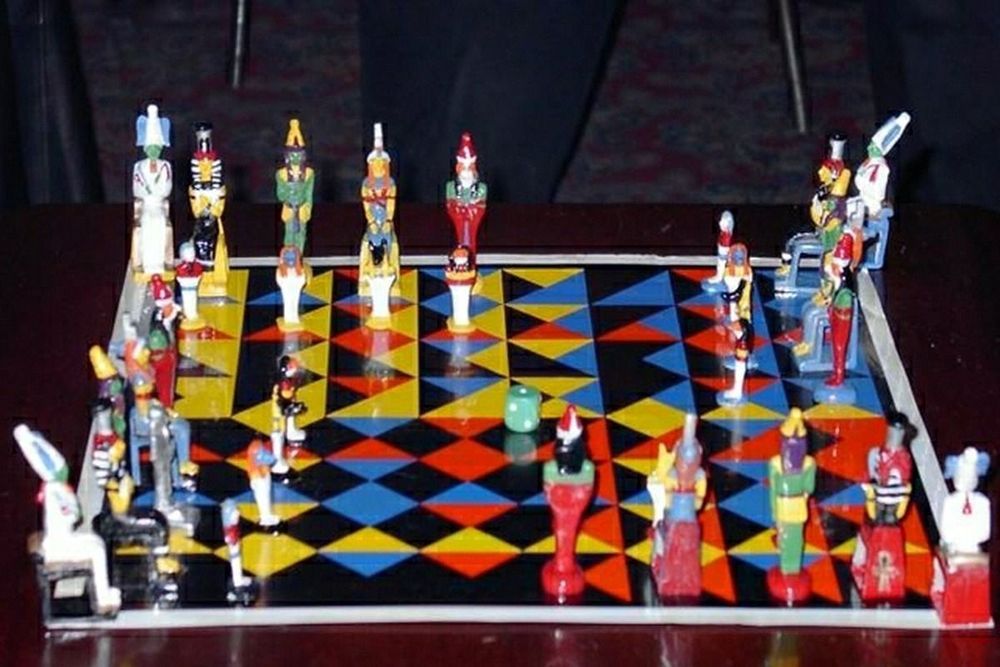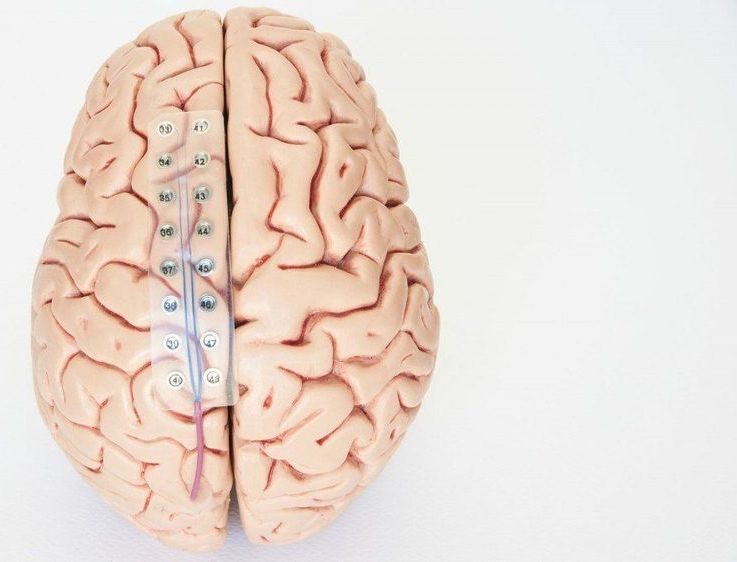Feb 2, 2019
“Sun in a Box”: A New Way to Store Renewable Energy for the Grid
Posted by Jeffrey L. Lee in categories: energy, sustainability
The new design stores heat generated by excess electricity from solar or wind power in large tanks of white-hot molten silicon, and then converts the light from the glowing metal back into electricity when it’s needed. The researchers estimate that such a system would be much more affordable than lithium-ion batteries, which have been proposed as a viable, though expensive, method to store renewable energy. They also estimate that the system would cost about half as much as pumped hydroelectric storage—the cheapest form of grid-scale energy storage so far.
Delivering solar- or wind-generated power on demand, the system, which uses molten silicon, should be cheaper than other leading options.

